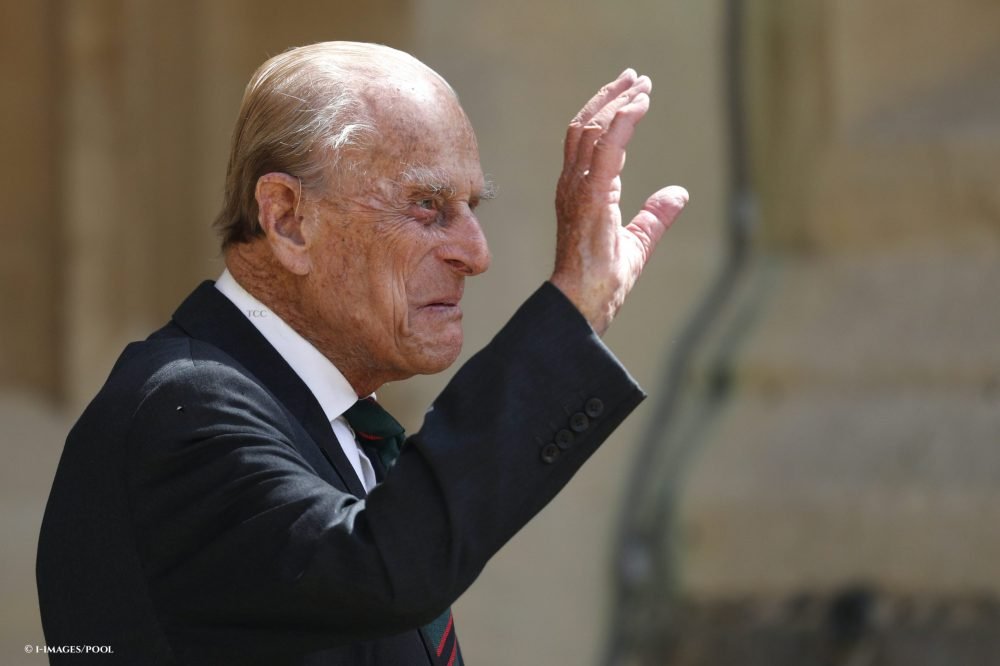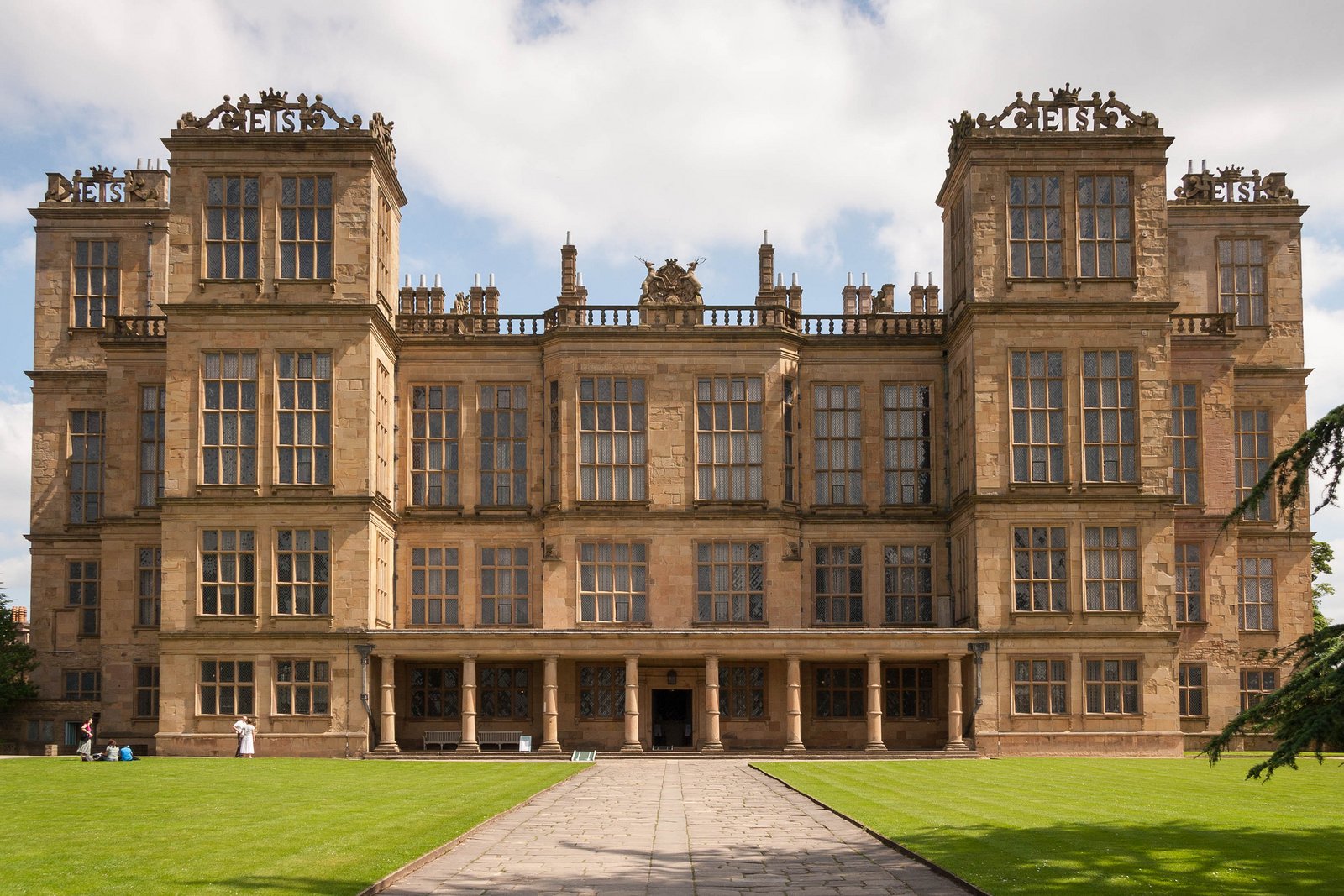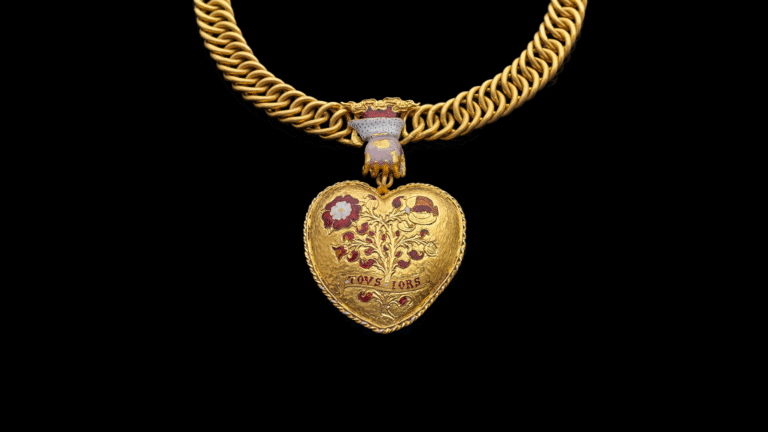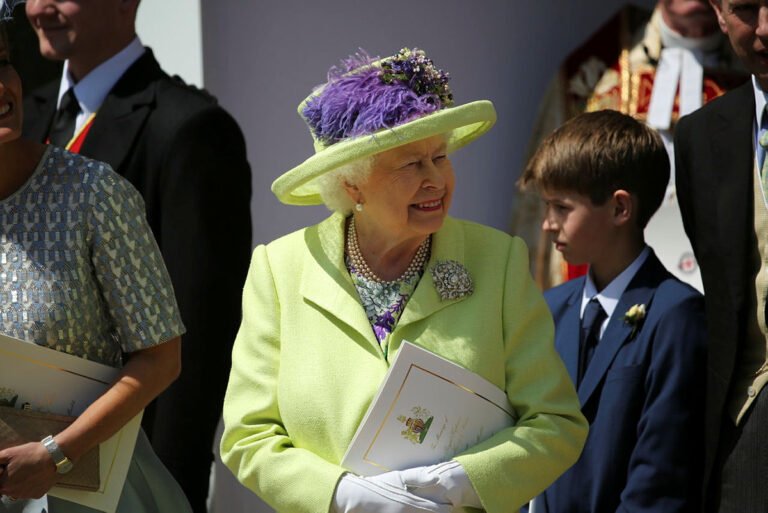It has been a week since the sad news was announced by Buckingham Palace that The Duke of Edinburgh had passed away peacefully.
To some, the news was not surprising. Prince Philip was just a couple of months short of his 100th birthday, and had recently spent the best part of a month in hospital being treated for an infection and having heart surgery.
Having been thrust into the limelight upon his engagement to the future Queen of the United Kingdom, Philip became the most famous husband in the world. He served as dutiful consort to Elizabeth for 73 years; a relationship that spanned 82 years from pre-world war to, most recently, a global pandemic. They share four children, eight grandchildren and nine great-grandchildren, and a lifetime of memories navigating the balance between duty and family.

Like so many during the past week, I have reflected and learned much more about Prince Philip’s life and his positive influence on this country, our society and on a personal level.
Nothing speaks to Philip’s impact on our country than The Duke of Edinburgh Award. I will admit, I did not participate in ‘DofE’ in school, but it was clear from my school’s participants that this scheme would give youngsters opportunities and exposure to environments that they would not be used to. DofE offers a chance for teenagers from all backgrounds and demographics to achieve a goal for themselves and empower them will motivation.
This past week, there have been countless previous DofE participants discussing the impact the Award had on their lives. One headline that really struck me was on the BBC website: ‘The Duke of Edinburgh’s Award Saved Me from Jail’. Two teenage boys, who were prone to getting into trouble, were given community service orders. However, a DofE leader struck a deal with the reparations panel and the boys – if they did their Bronze Award, five years would be taken over their community service orders. The DofE presented an opportunity for the boys to fundamentally change their mindset and motivations; if they can find success in one activity, that feeling can spread to other aspects of their lives.
This was just one example of how the DofE influenced the future of two young men. It is impossible to quantum the impact the DofE has had on our society, but it is clear that Prince Philip facilitated a shift for young people to achieve what they had previously thought they could not.
A very cute observation was made by a royal fan on Twitter: The Duchess of Cambridge actually met Prince Philip before she met her future husband William, as she was presented her Gold Award by Philip during her youth.
Other beautiful stories have been shared by many across the world about Prince Philip.
One of my favourite certainly reflects Philip’s priority of family and nurturing whilst in the eye of duty: Prince Philip was in Washington DC for the funeral of JFK. Jackie opened the door of John Jr’s playroom and found Philip sprawled on the floor, laughing and playing with the youngster. John Jr had said earlier that he didn’t have anyone to play with, so Philip decided to play with him.
This wonderful story encompasses the type of man Prince Philip was – those who had a duty to make the funeral plans or be at ceremonial events should do so, especially with the eyes of the world watching them, but it is also important that time should be spent on normal activities – especially with children – to ensure they receive the attention and stability they need.
The story that stood out to me the most was posted on Tumblr, which followed the theme of so many others – Prince Philip always did what he could to put everyone at ease, especially during events full of protocol.
Norman Tebbit’s wife Margaret was partially paralysed after the Brighton bombing. A few years later they were invited for a State Dinner at Buckingham Palace. However, Margaret was reluctant to go as she could not eat well with cutlery. Her husband spoke with the Palace and they assured him all would be well.

As fate would have it, Margaret was sat next to Prince Philip. The minute the first course arrived, he handed his cutlery to the footman and ate the entire meal with his fingers, so Margaret could do the same. It turned out, all the food was geared around this easy-to-handle idea.
Can we take a minute to fathom this? The grandson of the King of Greece, the husband of The Queen of the United Kingdom, broke golden table manners at a State Dinner and ate his entire meal with his fingers because it was more important to him that Margaret felt comfortable.
Tomorrow at Prince Philip’s funeral, we will see a woman mourn the loss of the man she has loved since she was 13. The nation will mourn the loss of man who we cherished, but probably did not realise how much of an asset he was to the family, the Monarchy and our society until his departure.

The focus cannot be on the other topics of royal conversation currently making the rounds. The funeral is in accordance with Prince Philip’s wishes and it will be of the upmost importance to The Queen that his wishes are fulfilled. Original plans included an 800-person guest list, but has had to be cut back to 30 people due to current Covid-19 restrictions.
Ironically, I suspect Prince Philip is quite happy that his funeral fell during the pandemic, so it can reflect the life he led – duty calls, but less fuss please.






